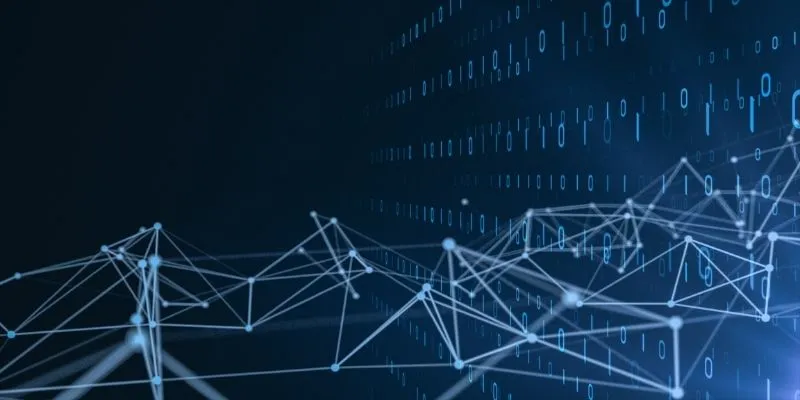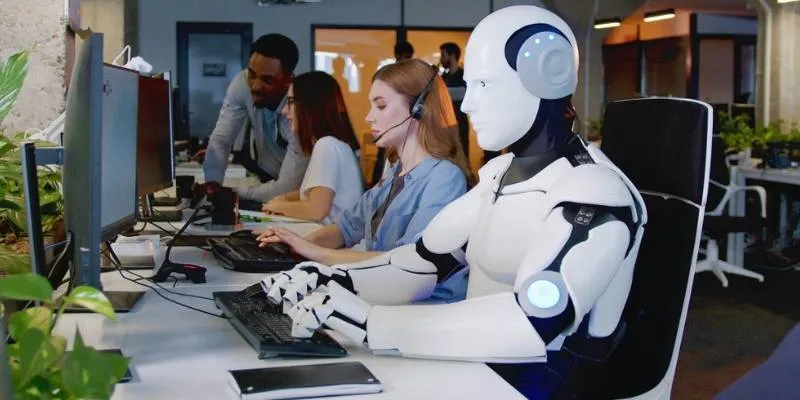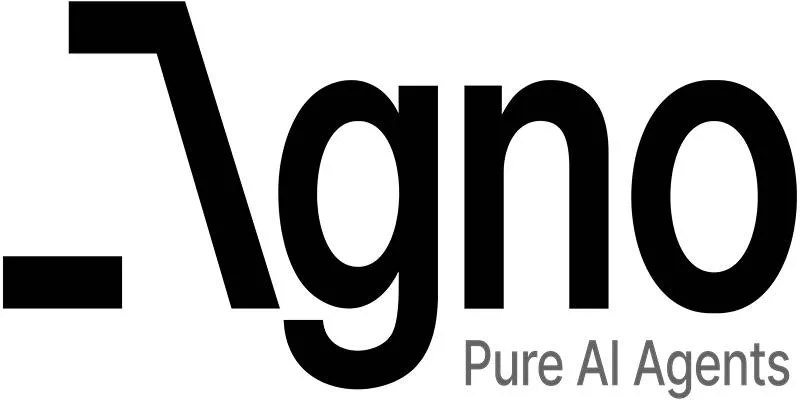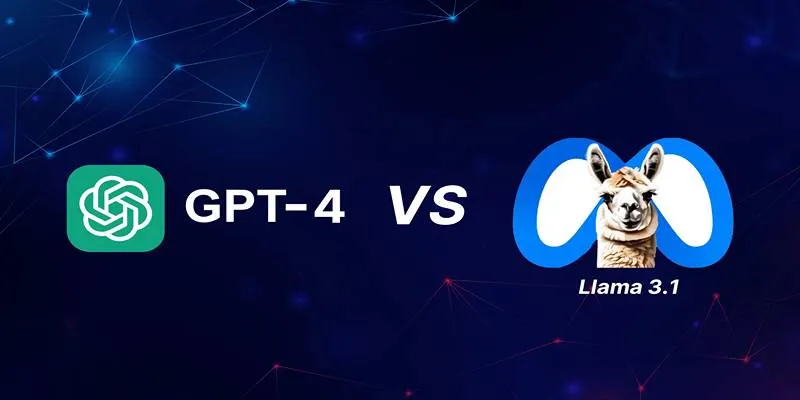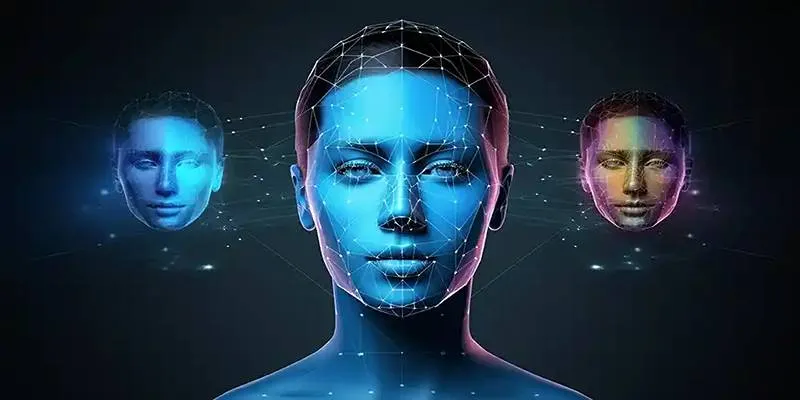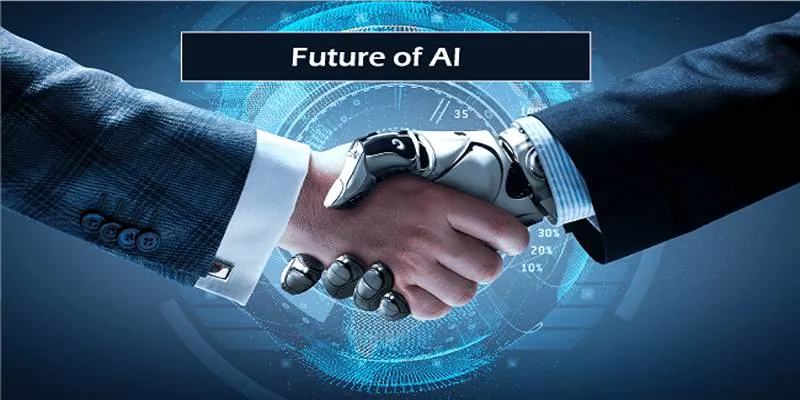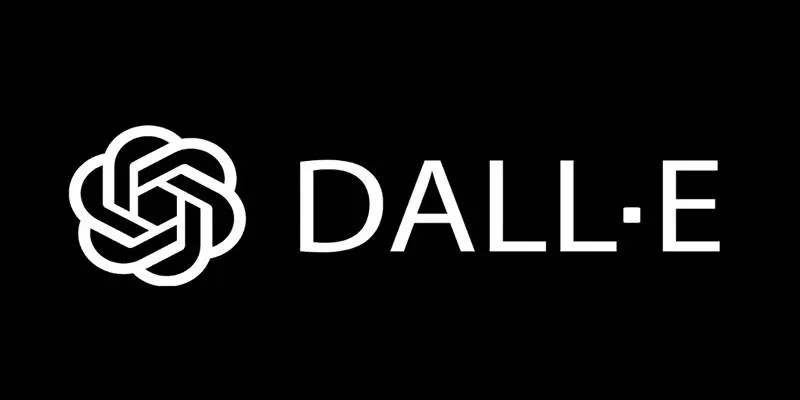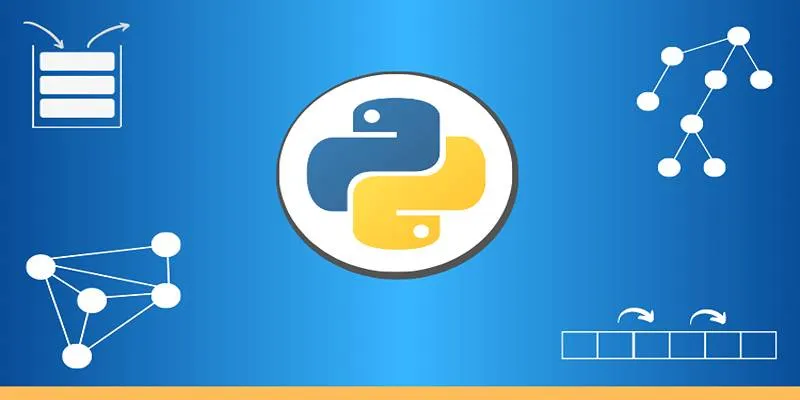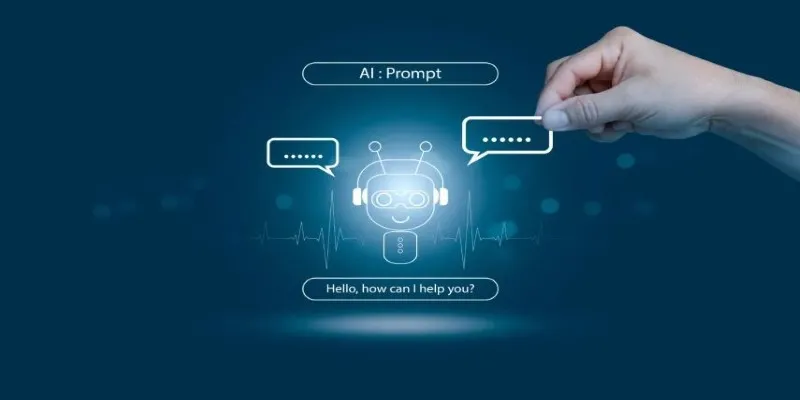Artificial intelligence (AI) is rapidly transforming our modern society and the way we live. It is impacting various job sectors, with some viewing AI as a tool to boost productivity and efficiency, while others see it as a potential threat that may lead to job losses and reduced job security. The effect of AI on employees largely depends on how it is integrated into the workplace—whether it serves to assist or impede them.
Both workers and companies need to be aware of these implications. This guide explores the advantages and disadvantages of AI in the workplace, shedding light on how it affects employment, roles, and professional development. By the end, you’ll have a better understanding of whether AI poses a threat or offers opportunities in your field of work.

The Role of AI in Enhancing Workplace Productivity
AI is revolutionizing sectors such as finance, healthcare, and manufacturing by expediting tasks traditionally managed by humans. It can swiftly analyze data, manage emails, and schedule meetings, thereby automating repetitive tasks. This automation allows employees to focus more on creative and complex projects. AI ensures accuracy and reduces errors, thereby enhancing the reliability of processes. In the workplace, it saves time and effort, ultimately boosting productivity.
Professionals in research and data analysis can now handle large volumes of data efficiently with AI systems. Experts can devote more time to drawing conclusions rather than organizing data. AI is a valuable tool that enhances human capabilities rather than replacing them. By assisting employees in improving overall performance, AI augments human productivity.
AI’s Impact on Job Security
One major concern with AI is the potential job losses due to automation. Smart robots perform many tasks traditionally done by humans. For example, AI-driven chatbots in retail and customer service self-checkout systems are replacing human workers. Jobs in customer service, transportation, and retail are particularly at risk.
Workers who cannot adapt or acquire new skills may face unemployment. However, AI also creates new opportunities in fields like robotics, data science, and machine learning. Transitioning to these new roles can be challenging, especially for less experienced or older workers. To succeed in an AI-driven job market, individuals must invest in education and training. Without support, many workers may struggle with unemployment as AI continues to evolve.
Upskilling and Reskilling: Preparing for the AI Future
To thrive in the AI era, workers must acquire new skills and refine existing ones. Despite AI’s ability to perform many tasks, it cannot replace human creativity, emotions, or critical thinking. Those who can collaborate with AI will find more opportunities for professional growth. Numerous businesses and online platforms offer training programs to help employees gain valuable skills.
Future jobs will demand proficiency in coding, AI tools, and data analysis. Workers can attend workshops to enhance their skills and advance in their careers. Reskilling and staying current with industry trends enable employees to take on new roles, while AI enhances existing jobs. Companies should support employee learning through training initiatives. With the right skills, individuals can work alongside AI rather than fear it. Investing in learning now ensures a brighter future in an AI-driven industry.

AI in Decision-Making and the Human Element
While AI can perform numerous tasks, it struggles with decisions that require human judgment and experience. Professions such as law and medicine rely on humans for decision-making. For instance, although AI can assist in diagnosing, doctors decide on the best treatment plan for each patient. Similarly, managers may use AI to analyze data, but significant business decisions require human leadership. Unlike humans, AI cannot feel emotions or understand social nuances.
This makes human involvement essential in all areas. People provide empathy, context, and personal insight—qualities that AI lacks. AI is best suited as a tool to augment human abilities rather than replace them. Automation makes jobs that require expert judgment or communication safer. Although AI is powerful, it cannot fully replicate the depth of human knowledge, creativity, and insight in decision-making.
The Potential for AI to Create New Career Opportunities
While AI may replace some jobs, it also creates exciting new career paths in emerging fields. As more companies adopt AI, there will be a growing demand for skilled professionals to design, manage, and maintain AI systems. Roles such as AI developers, data scientists, and cybersecurity specialists are becoming increasingly common across various industries. These positions, though requiring specialized knowledge, offer competitive salaries, job security, and growth opportunities.
AI is paving the way for industries we never imagined, much like how the internet created new jobs. New roles such as AI ethicists and trainers, who ensure AI is developed and used ethically, are already starting to appear in the job market. As AI reshapes the workforce, it will replace certain jobs but also introduce new and interesting career paths with numerous future prospects.
Ethical Considerations and the Future of Work
As AI transforms the workplace, ethical considerations are becoming increasingly important. AI must be used responsibly and transparently, especially when making critical decisions. A significant concern with AI systems is bias, which can unfairly affect certain groups of people. This can have negative repercussions for both society and the workforce. Ensuring AI is equitable is vital for workers’ well-being. Governments and companies need to establish policies to protect individuals.
As AI becomes more widespread, these guidelines will help prevent exploitation and discrimination. As technology evolves, safeguarding workers’ rights becomes crucial. New legislation will be necessary to balance AI and human rights as we move forward. Establishing rules that ensure fairness is essential. Acting ethically will help us ensure that AI benefits everyone, not just a select few.
Conclusion:
AI is revolutionizing the workplace, presenting both opportunities and challenges. While some jobs may be at risk due to automation, AI also opens up new career paths in data science, AI development, and cybersecurity. Those who embrace reskilling and upskilling will be better positioned to thrive in an AI-driven environment. The key is balancing ethical considerations with technological advancements. The future of work will be shaped by how businesses, governments, and individuals adapt as AI evolves. Embracing AI responsibly will lead to a more equitable, prosperous future for all.
 zfn9
zfn9







